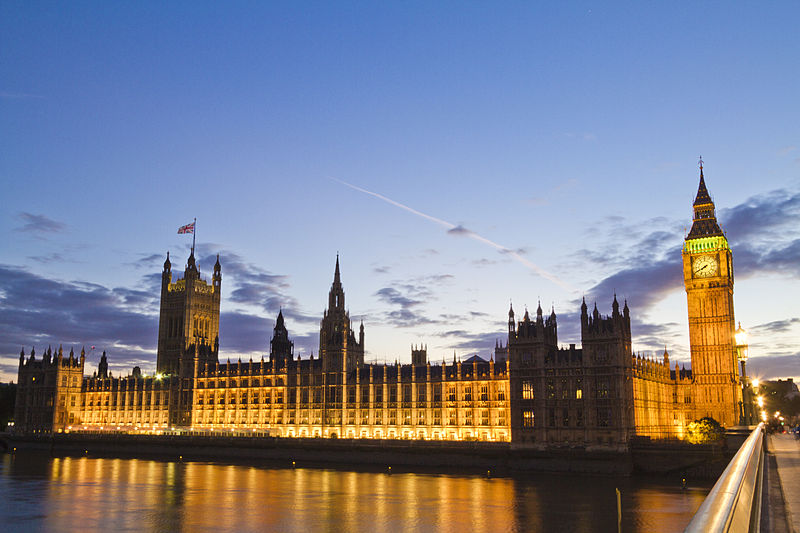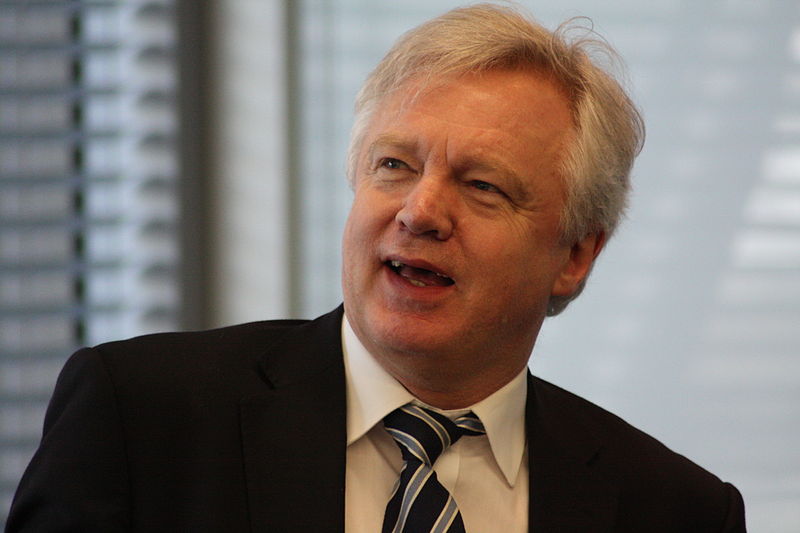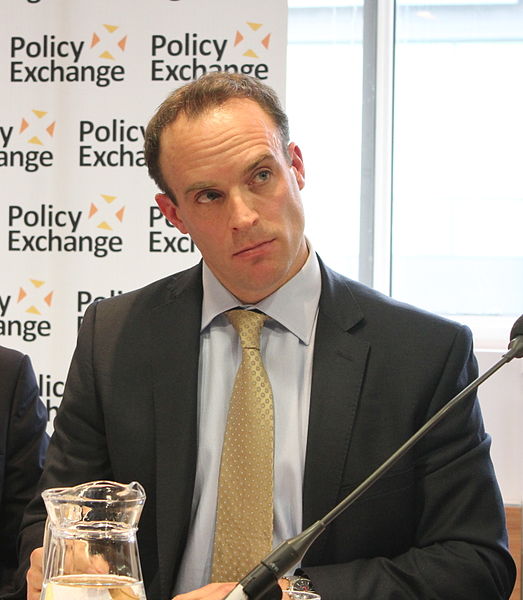Is Brexit over?
by Alex Davidson
Following Theresa May’s humiliating Brexit deal defeat, the worst mauling by the House of Commons of a sitting Prime Minister in nearly one hundred years and her pathetic stunt of doomed cross-party talks, the question arises: is Brexit over?
The dominant view in British ruling circles was always to stay in the EU. There was an assumption that Cameron’s referendum, with all political parties in the Commons supporting Remain, backed up by Project Fear, would lead to Remain winning the People’s Vote. Things turned out differently. The people by a significant majority, especially given the Establishment’s phalanx of support for Remain, took the opportunity to vent their feelings and voted to Leave the EU.
However, Remainers did not accept the outcome of the vote and have been encouraged to continue their campaign to reverse the outcome of the referendum by virtually all voices in ruling circles. Of course, in order to retain the façade of democracy in Britain, the powers that be couldn’t be seen to be doing this. So, getting to the result they want was inevitably going to be messy.
"INCOMPETENCE ON A MONUMENTAL SCALE"
It has certainly been messy. David Cameron resigned as Prime Minister the day after the Referendum. Theresa May won the leadership after some back-stabbing among her opponents and called an election, which she and many others thought the Tories would win by a landslide. Corbyn astounded the Tories, his many opponents in the Parliamentary Labour Party, the Opinion Polls and the mainstream media and succeeded in reducing May to a minority government, dependent on the Democratic Unionist Party (DUP).
In the course of the negotiations with the EU, two Brexit secretaries (Davis and Raab), Boris Johnson and many other ministers resigned. The Prime Minister ploughed on with her doomed Chequers deal.
Lord Mervyn King, the former Bank of England Governor, said, “The Withdrawal Agreement is less a carefully crafted diplomatic compromise and more the result of incompetence of a high order.” He went on to say that it is the “worst of all worlds…it simply beggars belief that a government could be hell-bent on a deal that hands over £39 billion, while giving the EU both the right to impose laws on the UK indefinitely and a veto on ending this state of fiefdom…it is incompetence on a monumental scale” (1)
When it was clear that she was going to lose the vote badly in the House of Commons on her deal just before end of 2018 she pulled the vote. She survived a no confidence vote in her party but with 117 Tory MPs voting against her she was severely wounded and forced to state that she would not lead her party into the next election. Having predictably and embarrassingly failed to gain any concessions from the EU she returned to the Commons with her deal on 15 January and lost the vote by a staggering 432 to 202. A new stage had been reached in the Brexit saga.
The Daily Telegraph’s Jeremy Warner commented, “The Brexit dream is over – in any meaningful sense, at least. That was the clear and unequivocal message from markets this morning, which cynically marked the pound up sharply in response to Britain’s seismic political crisis, and they are probably right.
You might have thought the correct response would have been the other way round, but no, the markets are betting that Theresa May’s crushing defeat makes a no-deal Brexit less likely, and either a much softer Brexit – Norway plus – or no Brexit at all, the overwhelming odds-on end game.” (2)
After such a crushing defeat on their flagship policy any previous Prime Minister would have resigned or been removed. However, the Tories, in fear of an election and with the support of the DUP, proceeded to support her against the no confidence motion tabled by Jeremy Corbyn and the Labour Party.
Prime Minister May’s next move was to invite leaders of parties and other senior parliamentarians for talks. This pathetic stunt, which led to her being talked at by Remainers (leaders of the SNP, Liberal Democrats, one Green and people like Hilary Benn and Yvette Cooper) simply further exposed her lack of political nous and desperation. She is a truly lame duck Prime Minister.
CHATTER ABOUT OPTIONS
If a deal could be struck with the EU that changed the Irish back-stop in a way acceptable to the DUP, Tories like Boris Johnson and some Labour MPs, then May, or someone else, might be able to squeeze a deal through Parliament. However, there are many ifs and buts in that scenario, not least getting any concessions from the EU and May’s weakness and incompetence.
Meanwhile there is much chatter about options, including extending Article 50, a Norway style deal, a second referendum, citizen’s assemblies and so on. In other EU countries second referendums have been held when the people did not get it ‘right’ the first time.
Holding a second referendum is favoured by many Remainers, as the best way to reverse the original People’s Vote. Tony Blair is a leading advocate of this and admitted in an interview with Andrew Neil that he was in discussions with EU leaders and that he “needed to get the EU leaders to the next stage”, which was a second referendum. When he was challenged that he had been seeking to undermine the negotiations, he denied that, but accepted that he was in favour of a second referendum in order to reverse Brexit. (3)
However, there is trepidation among ruling circles that Leave might still win a second referendum. No doubt discussions are underway as to what a second referendum question might be. The question put is crucial. When Cameron conceded to the SNP the referendum on Scottish Independence, he sold the pass on the question, “Do you think Scotland should be an independent country? Yes or No” This gave the nationalists the positive answer of “Yes”, and a distinct advantage, but they still didn’t win.
So, if a second referendum is called, there will be political arguments over the question to be put, the voting age, when it should be held and other issues. The danger, from the Establishment’s point of view, is that of getting the wrong result a second time and it must be reduced at all costs.
(1) King, Mervyn, “Project Fear has become Project Impossible. It is incompetence on a monumental scale”, 5 December 2018, Daily Telegraph.
(2) Warner, Jeremy, “The Brexit dream is over, or so say the markets, and they are probably right.” 16 January 2019, Daily Telegraph.
(3) Tony Blair interview with Andrew Neil, Politics Live 17/1/19

The houses of Parliament (Photo by: Mdbeckwith Creative Commons Attribution-Share Alike 3.0 Unported)

Ex-Brexit Secretary David Davis (Photo by Robert Sharp Creative Commons Attribution 2.0 Generic)

Ex-Brexit Secretary, Dominic Raab (Photo by Policy Exchange Creative commons Attribution 2.0 Generic)






